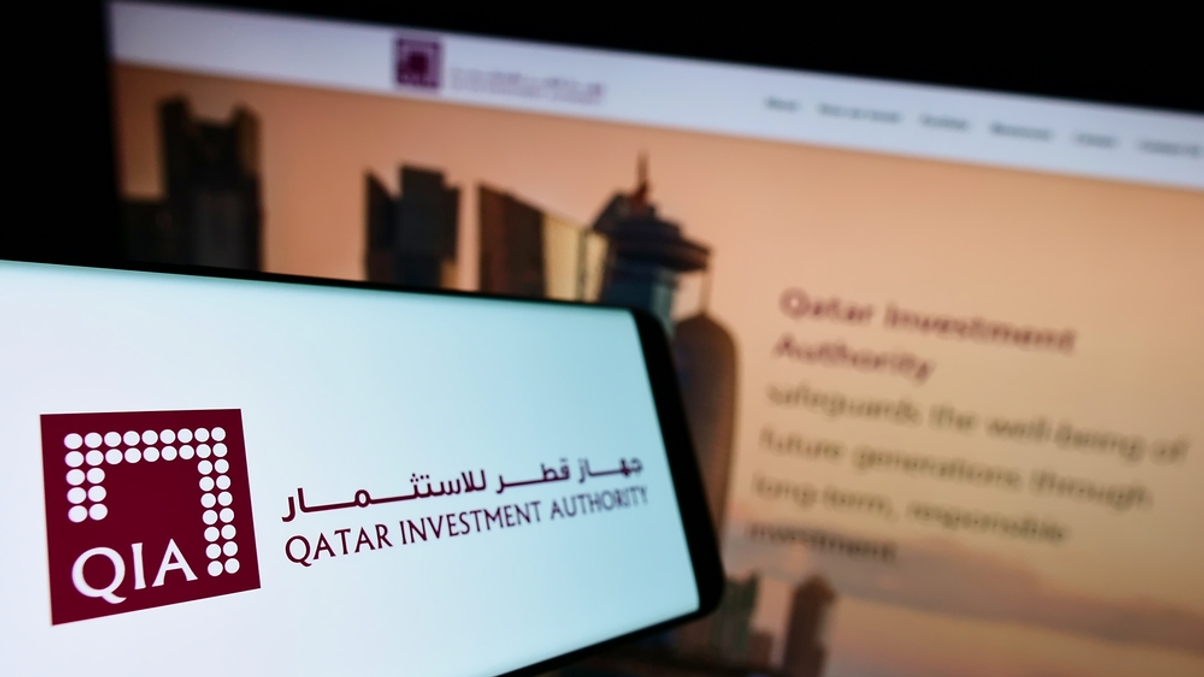Weekly Digest: Qatar fund invests $1bn in India; CSRC urges pension fund, insurers to boost stock bets
Qatar's SWF to invest in Indian billionaire's retail unit; Chinese regulator calls on institutional investors to expand equity investments; Australia's ART and AvSuper merger talks move ahead; GSIS eyes big boost to net income; and more.

TOP NEWS OF THE WEEK
Sign in to read on!
Registered users get 2 free articles in 30 days.
Subscribers have full unlimited access to AsianInvestor
Not signed up? New users get 2 free articles per month, plus a 7-day unlimited free trial.
¬ Haymarket Media Limited. All rights reserved.


